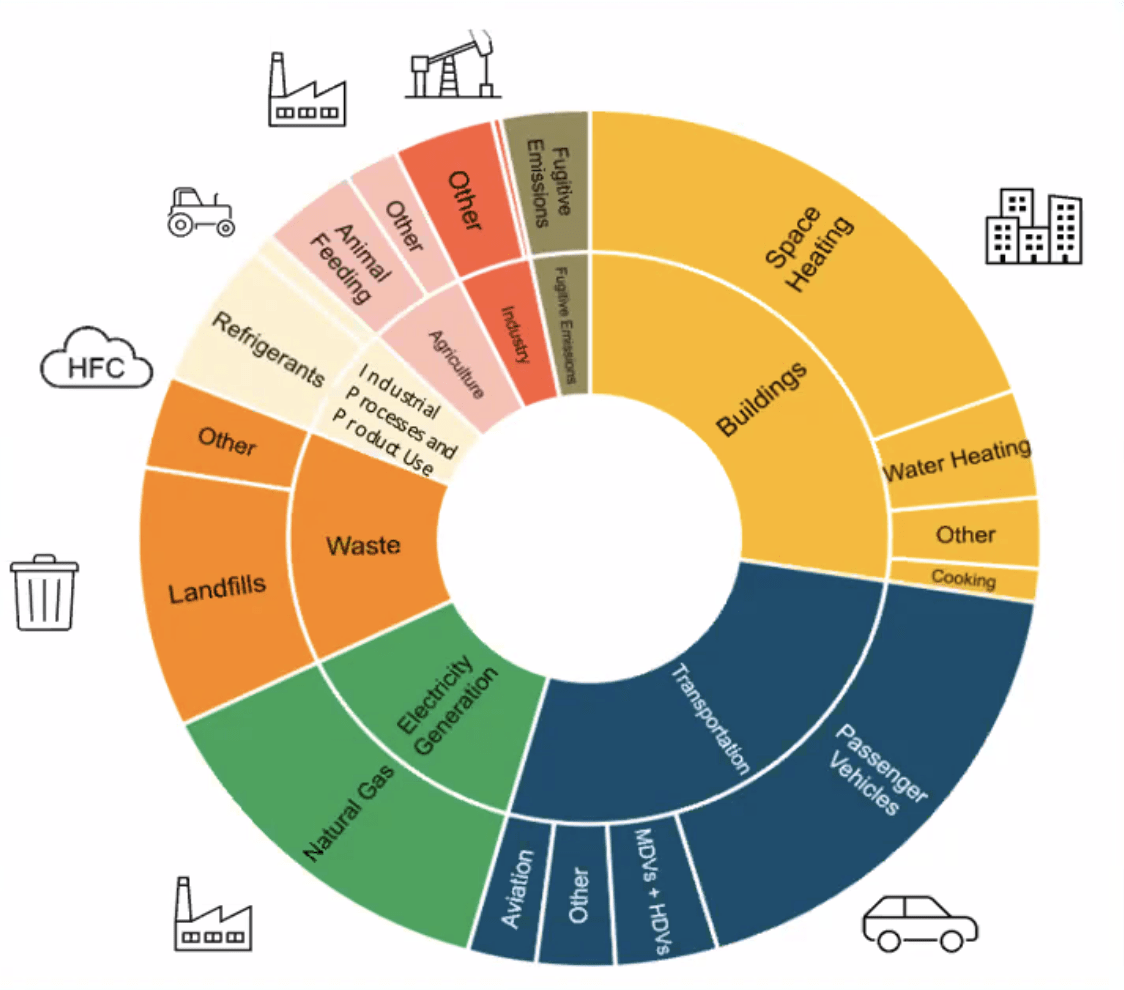With Delight I’m so happy to share this latest opportunity!
(applicable to farms switching away from fossil powered equipment or maple syrup folks reducing energy through reverse osmosis etc). Think broadly!
NRCS-NY offers Conservation Practice Standard 372 “Combustion System Improvement” to improve air quality, energy efficiency.
January 2, 2025
USDA’s Natural Resource and Conservation Service in New York (NRCS) offers a conservation practice will help producers across the state improve air quality and energy efficiency.
Syracuse, New York. (January 2, 2025) – USDA’s Natural Resource and Conservations Service in New York (NRCS) has adopted a FY25 NRCS Climate-Smart Activity which will help producers across the state improve air quality and energy efficiency.
Conservation Practice Standard 372 “Combustion System Improvement” is now available to New York producers interested in defraying the costs associated with the replacement of in use, high-emission tractors and other off road mobile agricultural equipment with new and highly efficient equipment. Replacement can be in the form of electric powered motor or lower emitting diesel powered motors.
The primary goal of this practice is to help farmers and ranchers improve energy efficiency and improve air quality across New York. The conservation practice targets oxides of nitrogen emissions and energy savings. Any equipment purchased prior to contract execution is ineligible. Any contracted equipment replaced must be with new equipment that has a minimum performance lifespan of 10 years. The in-use equipment must be disabled and properly disposed of when the new equipment is put into use. Contracted payments will not be issued until the new equipment is received and proof of proper disposal of the old equipment is documented.
The practice is available in New York through the Environmental Quality Incentives Program (EQIP) and Conservation Stewardship Program (CSP). NRCS accepts applications for these programs year-round. Submission of a program application does not guarantee funding. EQIP and CSP are voluntary, technical, and financial assistance programs designed to help farmers, ranchers, forestland owners, and Tribes with the application of conservation measures. These programs focus strongly on conservation planning, conservation implementation, and solving natural resource concerns.
Each applicant must establish themselves as a USDA customer and obtain all Farm Service Agency (FSA) eligibility requirements. Please note, Adjusted Gross Income (AGI) determination takes an average three weeks to be processed by the Internal Revenue Service (IRS).
To learn how to get started with NRCS, click here, or visit your local USDA service center.
For more information about EQIP, please refer to the NRCS-New York EQIP Program Webpage. For more information about CSP, please refer to the NRCS-New York CSP Program Webpage . To learn how to sign up for free email and text alerts about the latest NRCS program and national funding opportunities, click here.





